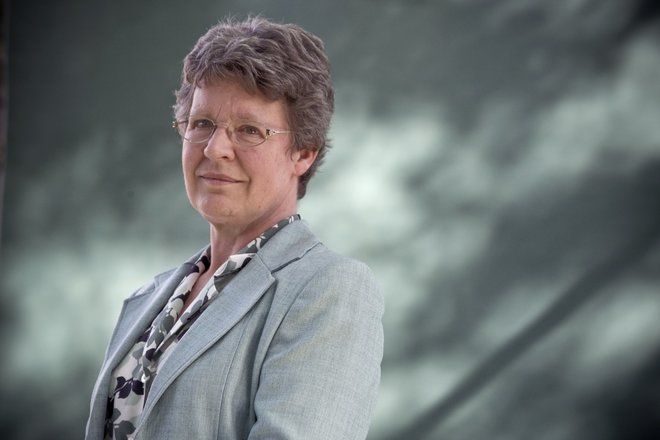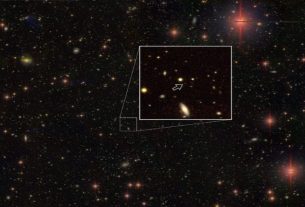It was Jocelyn Bell Burnell, who had built the telescope by putting in hard work in the damp and chilly weather of England to get 100 miles of cable and copper wire installed all across a windswept field close to Cambridge. She had operated the instrument and went on to analyse the data, through a detailed study of the miles of chart paper carried out with the utmost attention, which has remained etched along with the recordings of galactic radio waves.
In the year 1967, she had spotted the first four sources of light, having pulses repeatedly beating by maintaining a steady rhythm against the noise that the stars had in the background. At that point in time, she had the realization that an important detection was done by her. The discovery of the spinning cores of collapsed stars in a really swift manner was carried out, the powerful magnetic fields of which produced jets of radiation that flashed across the sky similar to that of the lighthouse’s rotating beam.
Pulsars, which the objects are known as, happen to be one of the highly important astronomical finds of the 20th century, carrying some really potent tools for carrying out tests in Physics, probe space-time and also investigate the dark areas of the universe.
It was on Thursday, after 50 years since her work, of which, she was the pioneer, the announcement came through that Bell Burnwell would receive a Breakthrough Prize of $3 million. This happens to be not only one of the most lucrative awards but also an extremely prestigious one in the field of science. This special award in fundamental physics, which is set to be given for her scientific achievements along with her inspirational leadership, has only been granted thrice before.
The admirers of Bell Burnwell believe that she richly deserves the prize and it has already been overdue. In the year 1974, when a Nobel Prize got awarded in the field of Physics for having made the discovery of pulsars, one of the recipients happened to be an advisor of Bell Burnell, named Antony Hewish. Burnell had to miss out.




